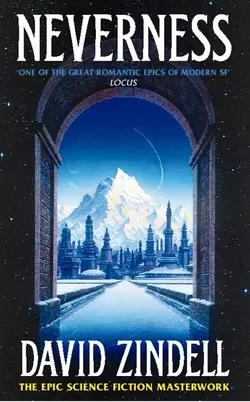Neverness

David Zindell
Тип: электронная книга
Жанр: Современная зарубежная литература
Язык: на английском языке
Стоимость: 1104.26 ₽
Статус: В продаже
Издательство: HarperCollins
Дата публикации: 16.04.2024
Отзывы: Пока нет Добавить отзыв
О книге: An epic masterwork of science fiction, Neverness is a stand-alone novel from one of the most important talents in the genre.